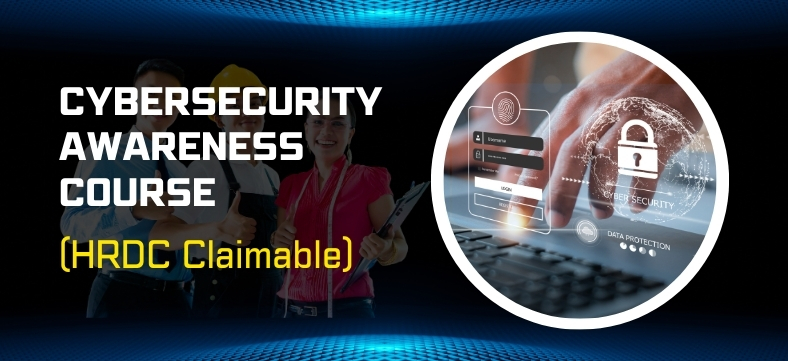Comprehensive Course Content
Module 1: Cybersecurity Scams & Social Engineering
Threats Covered:
- VoIP & Caller ID Spoofing
- Mobile Phone Scams (Vishing)
- Work From Home Scams
- WhatsApp Account Takeover
- Banking & SMS Phishing
Key Learnings:
- Identify spoofed calls and messages
- Recognize social engineering tactics
- Secure messaging applications
- Verify legitimate websites
- Protect against identity theft
Module 2: Email Threats & Phishing Attacks
Threats Covered:
- Phishing & Spear Phishing
- Email Spoofing & Spam
- Malware & Ransomware Delivery
- Business Email Compromise
- Fake Legal & Government Notices
Key Learnings:
- Spot phishing email red flags
- Verify sender authenticity
- Handle suspicious attachments
- Use SPF, DKIM, and DMARC
- Report phishing attempts
Module 3: Mobile & Device Security
Threats Covered:
- SIM Swapping Attacks
- Malicious Apps & APK Files
- Mobile Adware & Clickbait
- Public Wi-Fi Risks
- BYOD Security Challenges
Key Learnings:
- Secure mobile devices effectively
- Identify malicious applications
- Protect against SIM swap fraud
- Use public networks safely
- Implement mobile security best practices
Additional Threats Covered
Malware & Technical Threats
- Ransomware Attacks
- Remote Access Trojans (RATs)
- Keyloggers & Spyware
- Man-in-the-Middle Attacks
- Zero-Day Exploits
Advanced Scam Techniques
- Macau Scams & Money Mules
- Facebook Impersonation
- Bots & Automated Scams
- Fake Websites & Apps
- Investment & Job Scams
After This Course, You Will Be Able To:
- Identify and avoid phishing emails and malicious attachments
- Recognize social engineering attempts via phone, email, or messaging
- Secure mobile devices against common threats
- Implement strong password and authentication practices
- Respond appropriately to security incidents
- Understand legal implications of cyber crimes in Malaysia
- Protect personal and organizational data effectively
- Develop a security-first mindset in all digital activities

